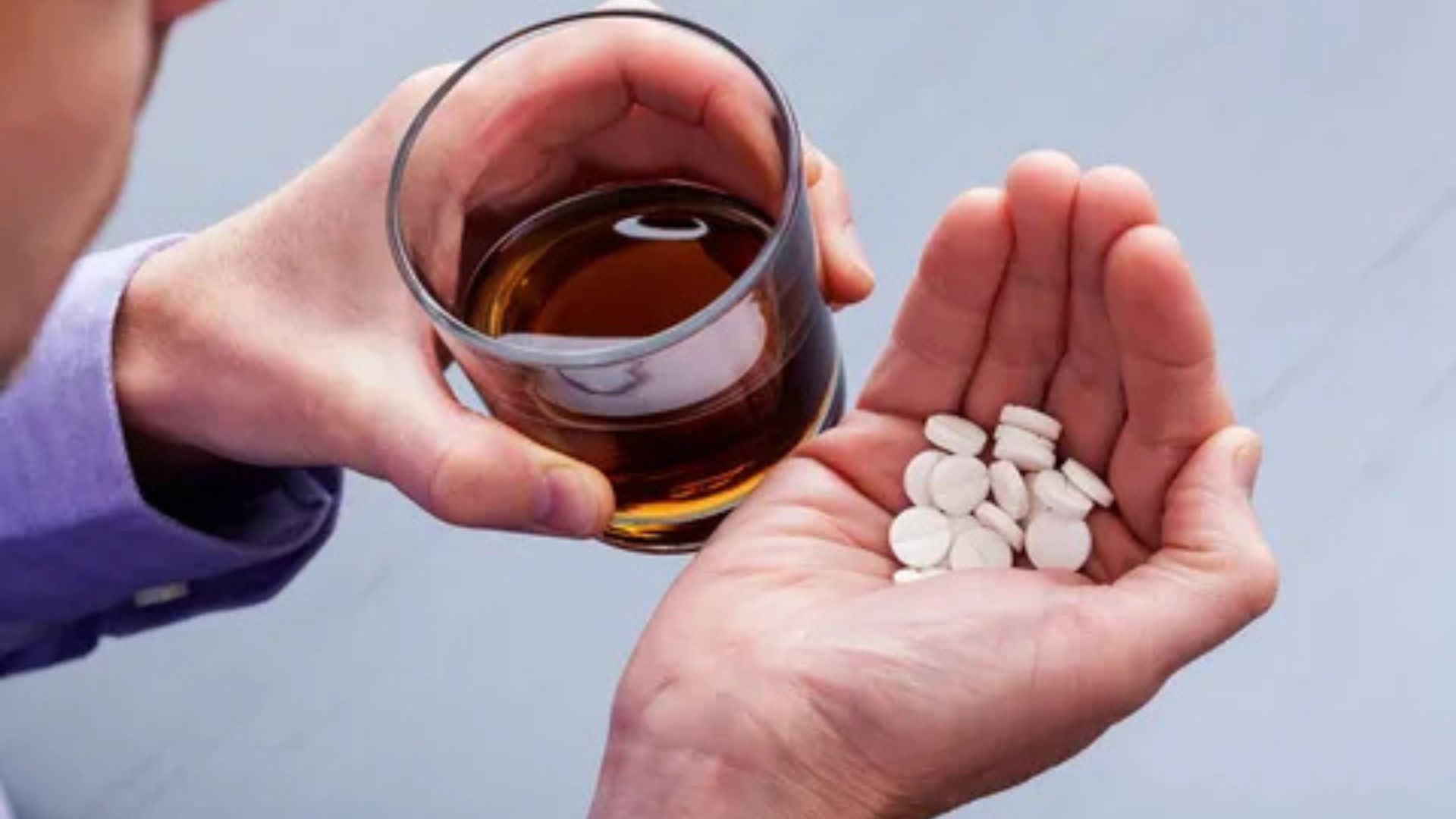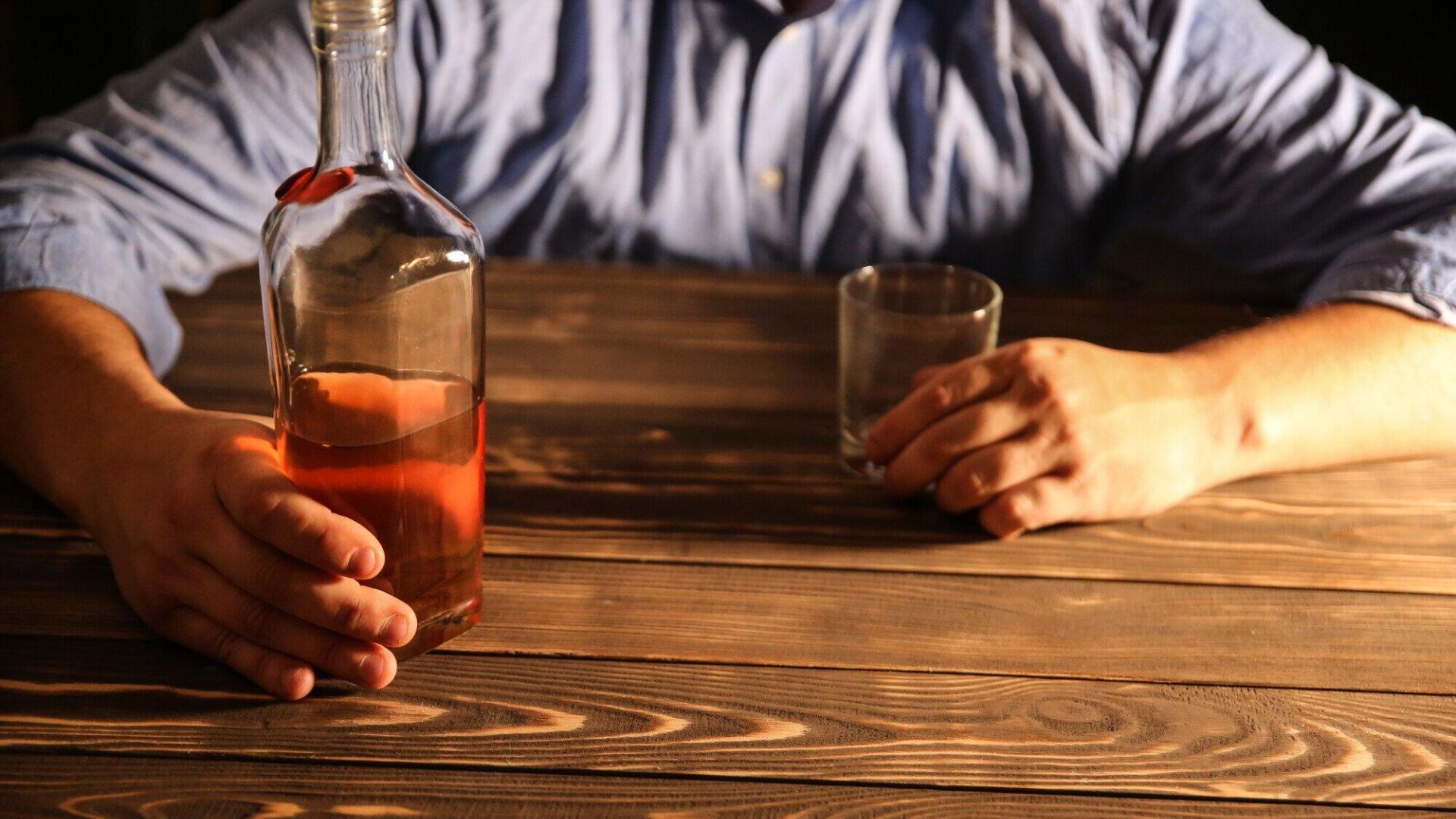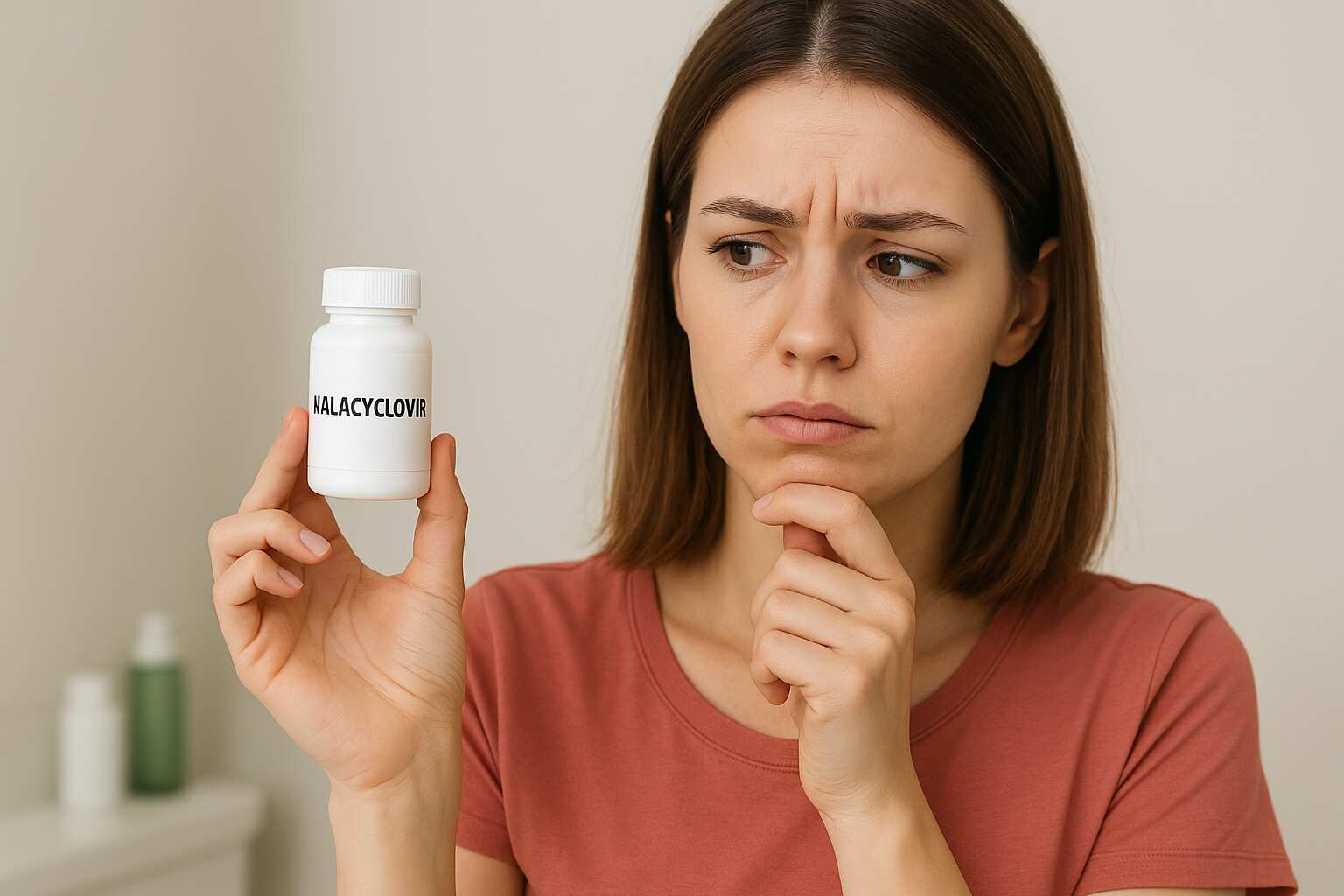You should wait at least 24–48 hours after taking misoprostol before drinking alcohol. This waiting period allows your body to recover from cramping, bleeding, and possible side effects like nausea or dizziness.
Drinking earlier may worsen symptoms, interfere with pain medications, and make it harder to notice complications such as heavy bleeding or infection. Always follow your provider’s aftercare advice for the safest recovery.
Can I Drink Alcohol After Taking Misoprostol?
If you’ve taken misoprostol, it’s best to hold off on alcohol for at least 24–48 hours. Most medical providers, including organizations like Marie Stopes and the NHS, recommend waiting closer to two days.
The reason isn’t that alcohol cancels out the medication, but rather that it can worsen common side effects such as nausea, dizziness, or stomach pain. Drinking too soon also risks masking important symptoms like heavy bleeding or infection. Think of this short alcohol-free period as part of your recovery. Once your body stabilizes, you can safely return to normal habits.
What Is Misoprostol and Why Is It Prescribed?
Misoprostol is a widely used medication that works by causing the uterus to contract and the cervix to soften. In reproductive health, it’s most often prescribed for medical abortion (sometimes combined with mifepristone) and for managing miscarriage. Outside of these uses, it can also protect the stomach lining in people taking NSAIDs for pain or arthritis.

When used for abortion or miscarriage care, misoprostol usually triggers cramps, vaginal bleeding, nausea, diarrhea, and sometimes fever or chills. These effects are expected and signal that the medication is doing its job, but they can also leave you feeling weak or dehydrated. Because alcohol shares similar side effects—like dizziness or stomach upset—drinking too soon after misoprostol makes recovery harder. That’s why most aftercare guidelines suggest resting, staying hydrated, and avoiding alcohol until your body has settled.
Why Doctors Advise Avoiding Alcohol After Misoprostol
It’s natural to wonder if having a drink will interfere with misoprostol. The medication itself doesn’t have a direct chemical conflict with alcohol, but health providers strongly recommend caution. The main issue is that alcohol and misoprostol share similar side effects. Both can trigger nausea, dizziness, stomach discomfort, and dehydration. Mixing them increases the intensity of those symptoms, making recovery more difficult.
Another concern is that alcohol can mask or blur the warning signs of complications. For example, if you are bleeding heavily, feeling faint, or developing a fever, drinking might dull your awareness of just how serious the situation is. In post-abortion recovery, being able to clearly monitor your body’s signals is essential.
There’s also the matter of drug interactions. Many people take NSAIDs like ibuprofen or diclofenac alongside misoprostol for pain. Combining those with alcohol increases the risk of stomach irritation and, in some cases, bleeding. For all these reasons, most aftercare guidelines advise avoiding alcohol for at least 24–48 hours after misoprostol, giving your body the best chance to recover safely.

Official Advice — What Clinics and Health Services Say
| Organization / Source | Guidance on Alcohol | Reason / Focus |
|---|---|---|
| Marie Stopes International | Avoid alcohol for at least 48 hours after treatment | Allows body to manage bleeding/cramping; prevents nausea and dehydration |
| NHS & UK Health Services | Do not drink during the process; focus on rest and fluids | Ensures safe recovery and better comfort |
| Aid Access | Avoid alcohol until you feel fully stable | Alcohol may impair judgment; need to stay alert for heavy bleeding or infection |
| Planned Parenthood | Don’t drink if taking sedatives, opioids, or strong painkillers; wait until symptoms ease | Safety concern with drug interactions; ensures you recognize complications |
| General Consensus | Alcohol doesn’t reduce misoprostol’s effectiveness, but wait 24–48 hours | Avoids discomfort and reduces risk of missing warning signs |
Painkillers and Other Medicines — Extra Caution
Most people take painkillers after misoprostol to manage cramping. While this is safe and recommended, it changes how soon you can return to drinking alcohol. The concern isn’t the misoprostol itself but the drug–alcohol interactions with common medications.
- NSAIDs such as ibuprofen, naproxen, or diclofenac are widely used. When combined with alcohol, they increase the risk of stomach irritation or even gastrointestinal bleeding. If you’re still taking these regularly, it’s best to avoid alcohol.
- Paracetamol (acetaminophen) is another common choice. On its own, it’s gentle, but mixing it with alcohol can put extra strain on the liver. This risk grows if you’ve taken multiple doses.
- Sedatives or opioids, sometimes prescribed in clinic settings, carry the greatest danger. Alcohol amplifies their sedative effects, slowing breathing, impairing judgment, and causing extreme drowsiness.
As a rule of thumb, you should wait 24–48 hours after your last dose of pain medication before drinking. For sedatives or stronger opioids, you may need longer. If you’re unsure, check the instructions you were given or confirm with your provider. A short delay is far safer than risking a serious complication.
Practical Timeline — A Conservative Checklist
So, when can you drink alcohol after misoprostol? A safe rule is to wait until your body has cleared the worst effects. Most recovery guidelines suggest at least 24–48 hours. To make it easier, here’s a simple checklist to follow:
- Time: It’s been at least one to two full days since taking misoprostol.
- Medicines: You are no longer taking sedatives, opioids, or heavy doses of NSAIDs.
- Symptoms: Cramping and bleeding have eased to a manageable level.
- Side effects: You aren’t feeling dizzy, nauseous, or weak.
- Well-being: You’re hydrated, eating normally, and feel steady on your feet.
If all of these boxes are ticked, moderate alcohol consumption after misoprostol is usually safe. If not, give yourself more time. Listening to your body is one of the most important steps in medical abortion aftercare.
Symptoms to Watch For — Don’t Drink If You Have These
Even if you’ve waited the recommended 24–48 hours, there are situations where alcohol should still be avoided. That’s because drinking can mask warning signs or make symptoms worse.
Seek medical advice before drinking if you notice:
- Heavy bleeding — Soaking through more than two large pads per hour for consecutive hours is not normal and requires urgent attention.
- Severe abdominal pain that isn’t relieved by painkillers. Alcohol can dull your awareness and make it harder to judge the seriousness.
- High fever, chills, or flu-like symptoms, which may signal an infection after misoprostol. Alcohol can weaken your immune system and worsen dehydration.
- Persistent dizziness or weakness, which may indicate low blood pressure or anemia from blood loss. Alcohol adds to these effects, raising the risk of fainting.
- Unusual discharge or foul odor, another possible sign of infection.
In short, don’t drink after the abortion pill if you’re still experiencing concerning symptoms. Waiting until you’re stable isn’t just about comfort — it helps ensure complications aren’t missed. If any of the above apply, prioritize rest and medical care before thinking about alcohol. Your safety comes first.
Safer Alternatives While You Recover
If you’re craving a drink during recovery, skip the alcohol and focus on hydration after misoprostol. The best options are simple: water, herbal teas, diluted fruit juice, and electrolyte drinks. These help replenish fluids lost through bleeding, ease dizziness, and support your body’s healing process.
Some people enjoy warm chamomile or ginger tea, which can calm cramping and nausea. Others prefer chilled coconut water for natural electrolytes. These alcohol alternatives after the abortion pill not only keep you comfortable but also speed up recovery.
Once you feel fully stable, you can decide when to reintroduce alcohol — safely and moderately.

FAQs About Misoprostol and Alcohol
1. Can I drink alcohol right after taking misoprostol?
No. Avoid alcohol immediately after misoprostol, as your body is still processing cramping, bleeding, and possible side effects like nausea or dizziness.
2. How long should I wait before drinking alcohol?
Most experts recommend a 24–48 hour wait time after misoprostol before considering alcohol. This allows your body to recover from the heaviest effects.
3. Does alcohol make misoprostol less effective?
No. Alcohol doesn’t reduce the effectiveness of misoprostol. The concern is about your comfort and safety, not the drug’s action.
4. Can alcohol worsen side effects?
Yes. Drinking may intensify bleeding, stomach pain, dehydration, and dizziness, making recovery more difficult.
5. What if I’m taking painkillers?
If you’ve taken NSAIDs, paracetamol, or stronger pain medications, wait longer before drinking. Mixing alcohol with these drugs raises risks of stomach bleeding, liver strain, or dangerous drowsiness.
6. What if I feel fine before 24 hours?
Even if you feel better, it’s still safest to follow medical aftercare advice and wait at least a full day, preferably two.





